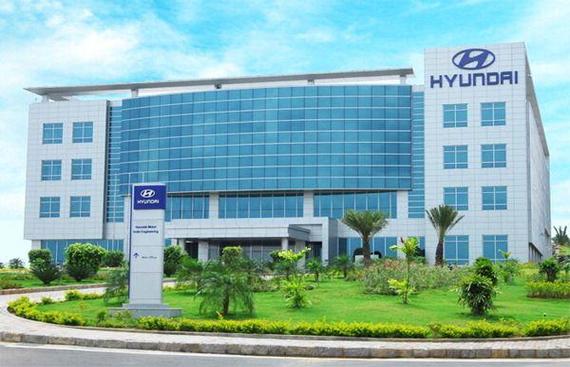Hyundai to Infuse INR 4,000 cr to Accelerate EV Biz in India

Hyundai Motor India intends to invest about  4,000 crores as part of an ambitious plan to launch half a dozen electric vehicles (EVs) in the country by 2028, said Seon Seob Kim, the company’s managing director and chief executive.
4,000 crores as part of an ambitious plan to launch half a dozen electric vehicles (EVs) in the country by 2028, said Seon Seob Kim, the company’s managing director and chief executive.
Hyundai plans to introduce the first of the six vehicles next year, which is expected to be a sport-utility vehicle (SUV) model to capitalize on booming SUV demand in the domestic market, Kim said.
India’s second-largest passenger vehicle maker is in discussions with South Korean and Chinese battery makers to encourage them to set up assembly units in the country, Kim said.
The company is also in talks with six private and state-run companies in India to boost vehicle charging infrastructure and alleviate a key concern among EV buyers, he said.
The fresh investments would be made for the research and development (R&D) of the new EV range.
The automaker aims to modify some of its existing internal combustion engine (ICE) vehicle platforms to keep R&D costs under control and allow the company to target a wider section of Indian buyers with affordable EVs, Kim said.
He did not disclose the expected price range of the EVs.
“We are looking at SUV and CUV (compact utility vehicles) based on the current market demand," Kim said.
The plan is to eventually cover the “mass market" and “mass premium" segments of India’s EV market, he said. As part of its manufacturing strategy, Hyundai will introduce its Electric Global Modular Platform, or E-GMP, in India while modifying some of its existing ICE vehicle platforms for electric, Kim said.
Hyundai expects India’s EV market to grow to 175,000 units by 2028, a sharp increase from 12,000 vehicles this year, recording a compound annual growth rate of 53%. In addition, the number of public EV charging stations are expected to grow to 79,000 by 2025 from 2,900 this year.
Financial subsidies by the Indian government to private EV customers would help bring down the purchase cost of such vehicles and drive sales, Kim said. “In Korea, China, the government supports private customers through financial subsidies. That helps a lot to reach viable scale at the market," he said.
The company will tap its vast nationwide dealer network to sell the new EV range instead of setting up a dedicated network for EVs.
